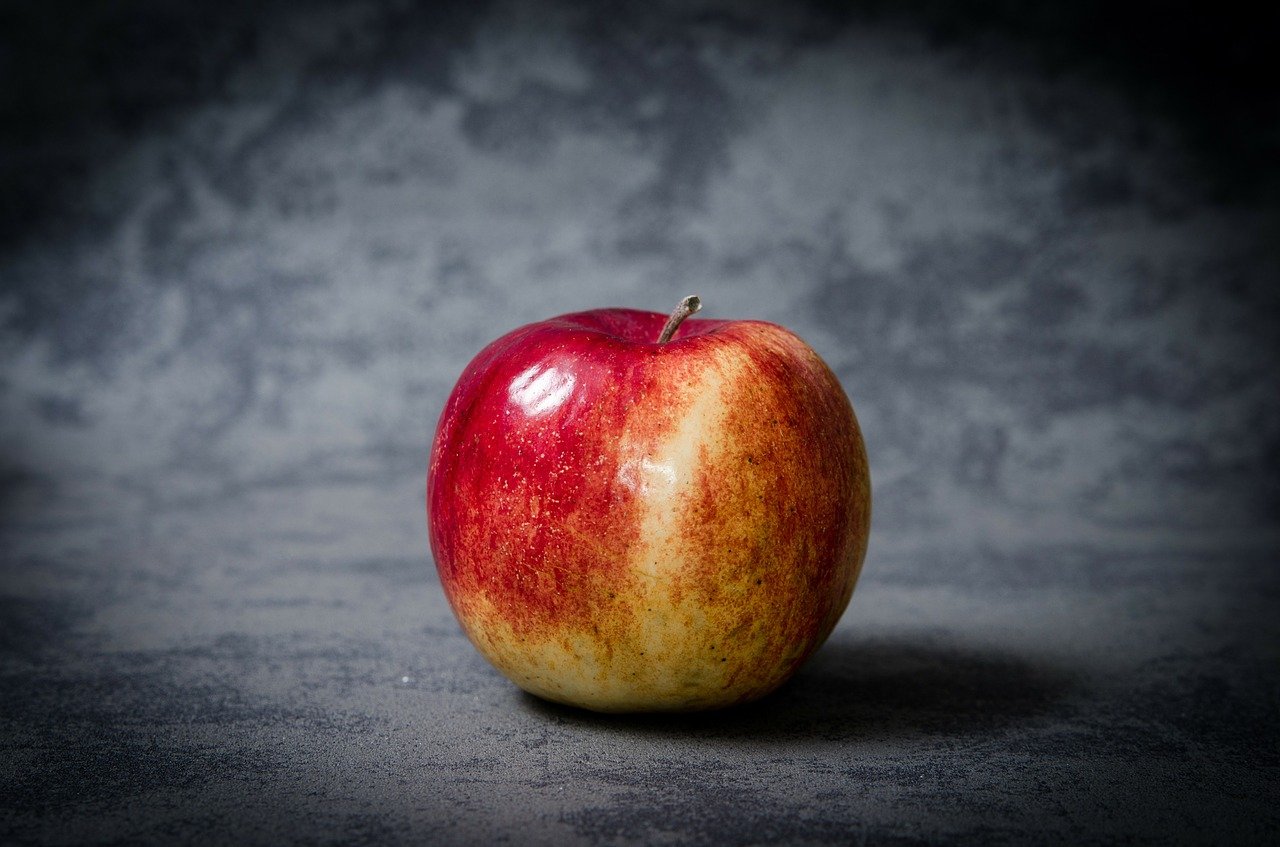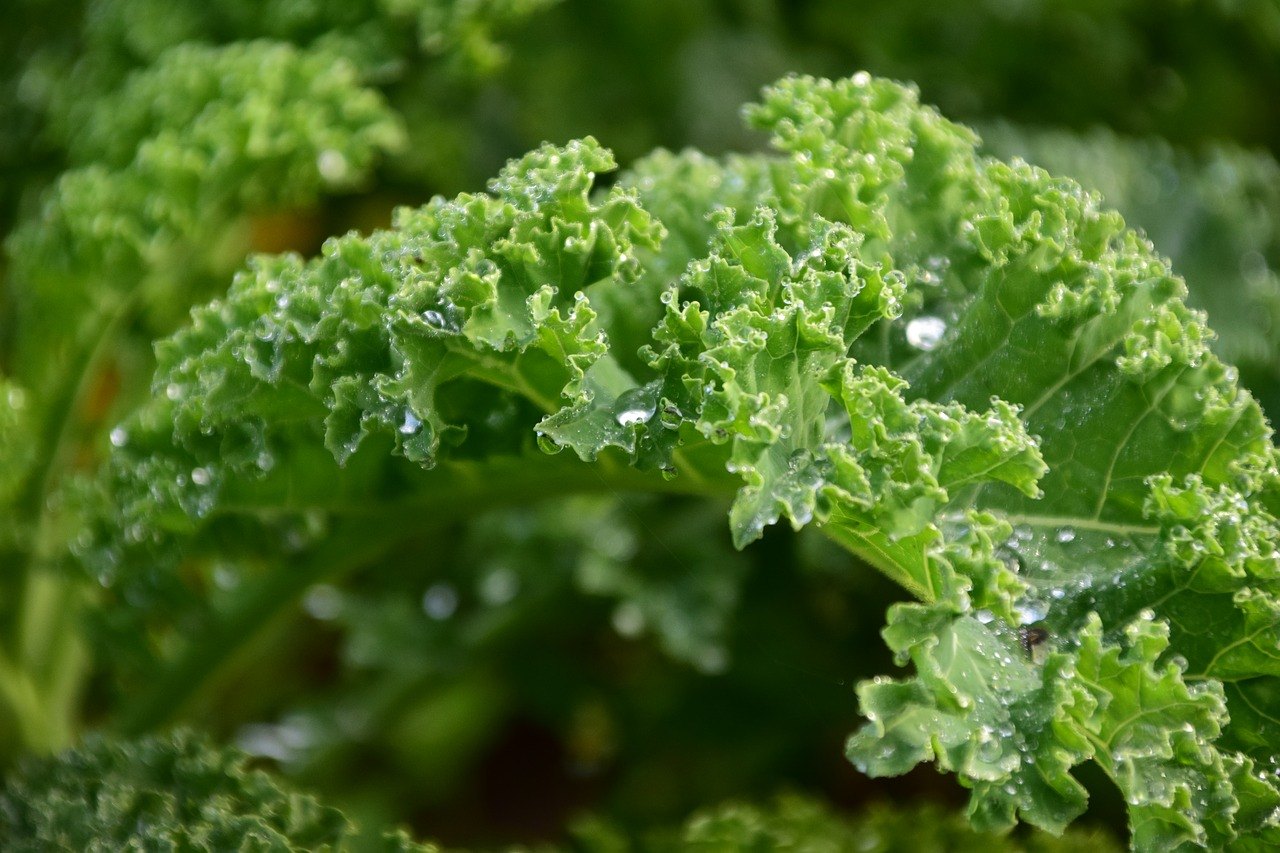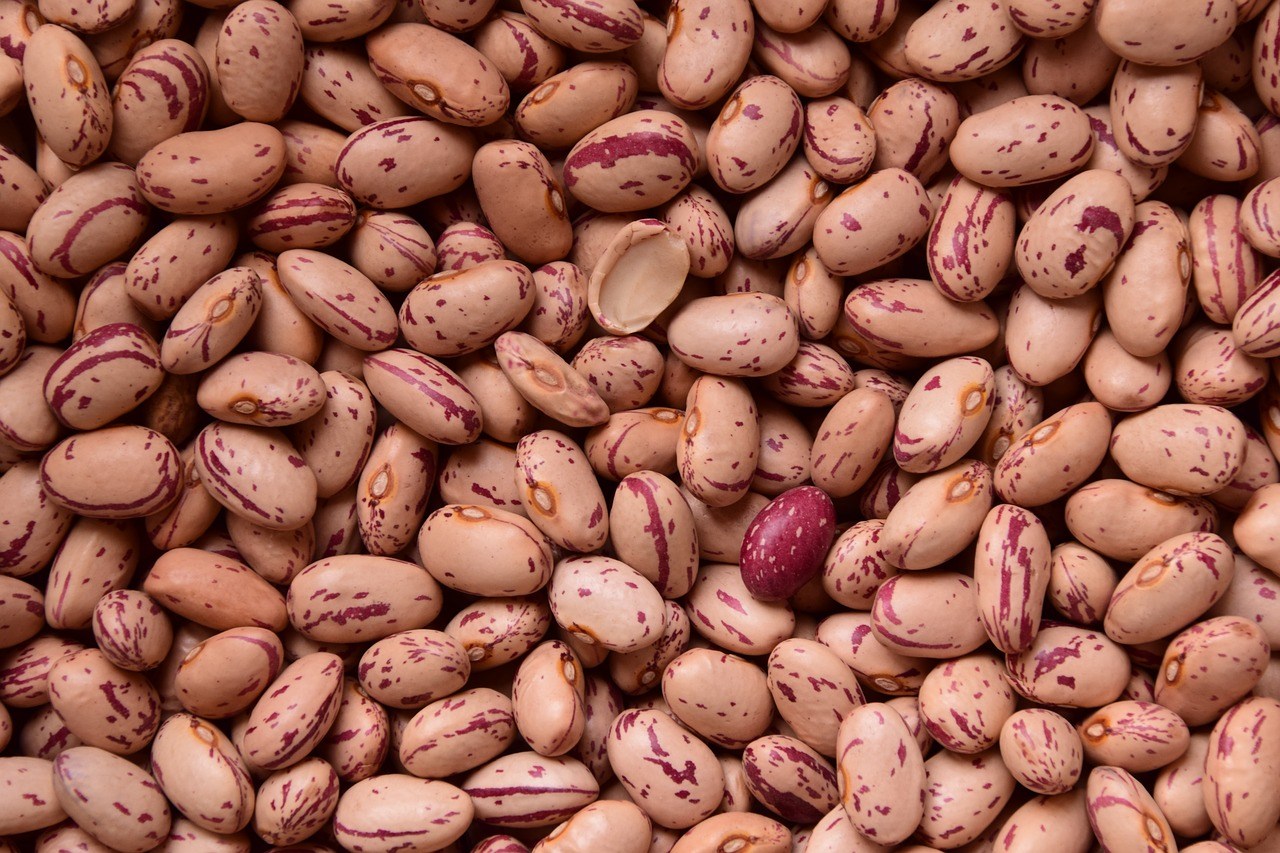Your body — everyone’s body — makes gas. Scientists believe on average that a normal person will pass gas between 12 and 25 times a day! However, when gas builds up in your system and creates bloating and discomfort, it is another story altogether — and the problem can be both embarrassing and painful. It is also more common than you would think, with research estimating that around 30% of Americans suffer from bloating.
The problem is that not all bloating comes from unhealthy foods — and in fact, some of the healthiest foods in the world – such as the ones below — can also contribute to this problem!
1. Apples
They say that an apple a day keeps the doctor away – and these fruits truly are healthy, with a low glycemic index, lots of vitamins and minerals and fiber which, along with herbal remedies, can help treat constipation. It even contains quercetin, an important antioxidant.
However, they derive some of their delicious sweetness from two sugars, sorbitol, and fructose, and not everyone’s body can tolerate them, with the result that gas is produced. The best way to deal with this problem is to eat them in moderation and in between meals as a snack.
2. Cruciferous Vegetables
Vegetables like broccoli, cabbage and kale are all in the cruciferous family. Nutritionally, these vegetables are rock stars, rich in nutrients and sulfur-containing compounds that help fight cancer and strengthen the immune system.
However, these vegetables are also unfortunately high in raffinose, a special kind of sugar that is not digested until it is broken down by the bacteria in the gut when gas is produced. Bloating and pain can result. However, if these vegetables are eaten regularly and in small amounts, the digestive system can be strengthened and less gas will be produced. Alternatively, you can also cook these vegetables instead of eating them raw, which softens the fiber and also shrinks the veggies themselves slightly, so that they take up less space in your stomach and are less likely to make you uncomfortable.
3. Beans
Beans are another healthy dietary choice, loaded with plant-based protein as well as minerals and vitamins. They can help to lower blood pressure and are low in fat and cholesterol.
However, beans are rich in a variety of fibers and sugars that the human body has trouble absorbing and most of them are broken down by bacteria in the gut, where gas is produced. The trick, if you love beans, is to eat them in small quantities and let your body gradually adjust to them. An alternative to this is to combine them in dishes with whole grains like rice that are easy for your body to break down. Either way, you will likely be able to eat legumes with more comfort.
So if you like the foods above but have problems with gas, then just eating them in moderation for a certain period of time can often help your body get used to them and reduce problems with bloating and discomfort.















































